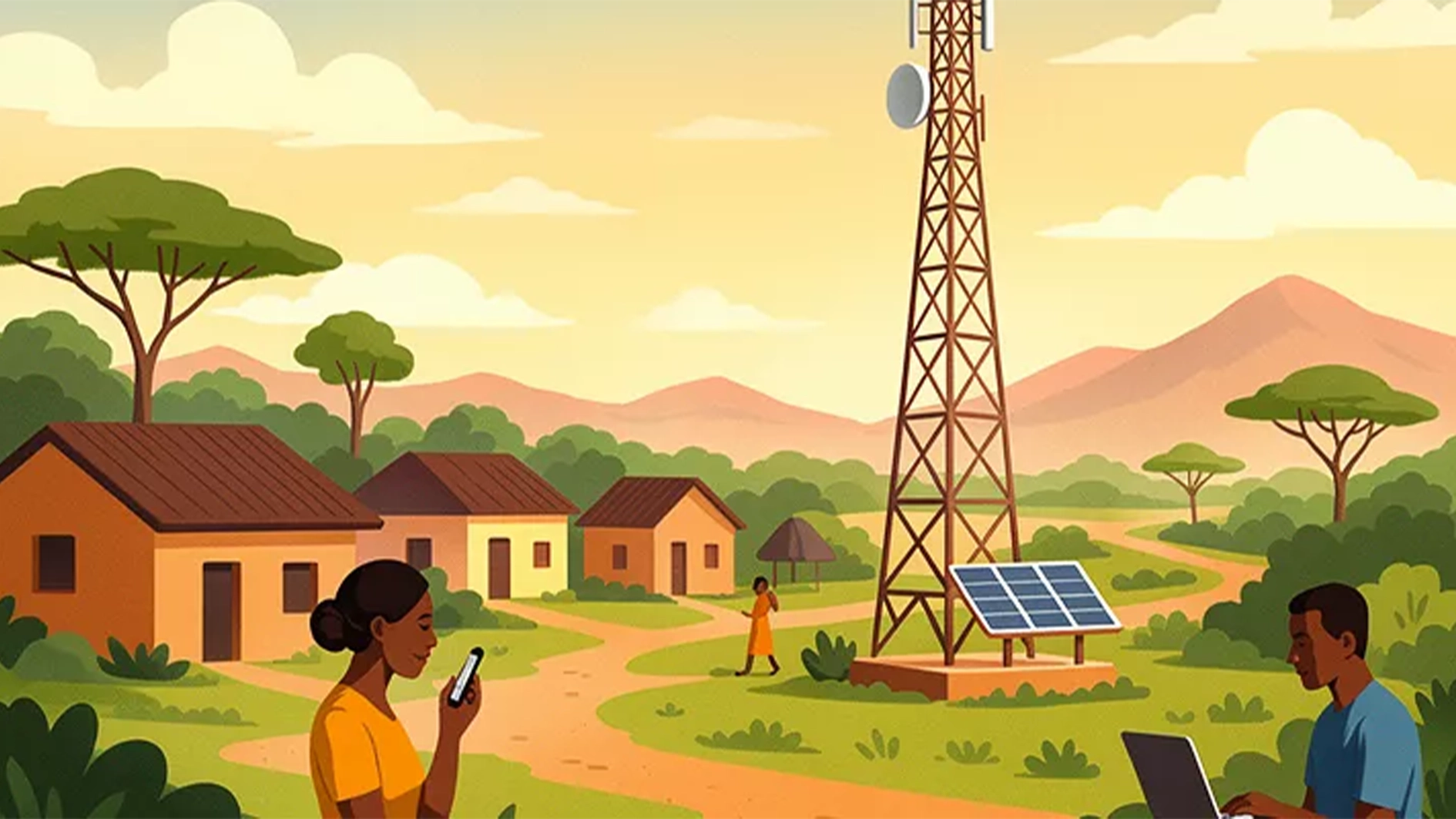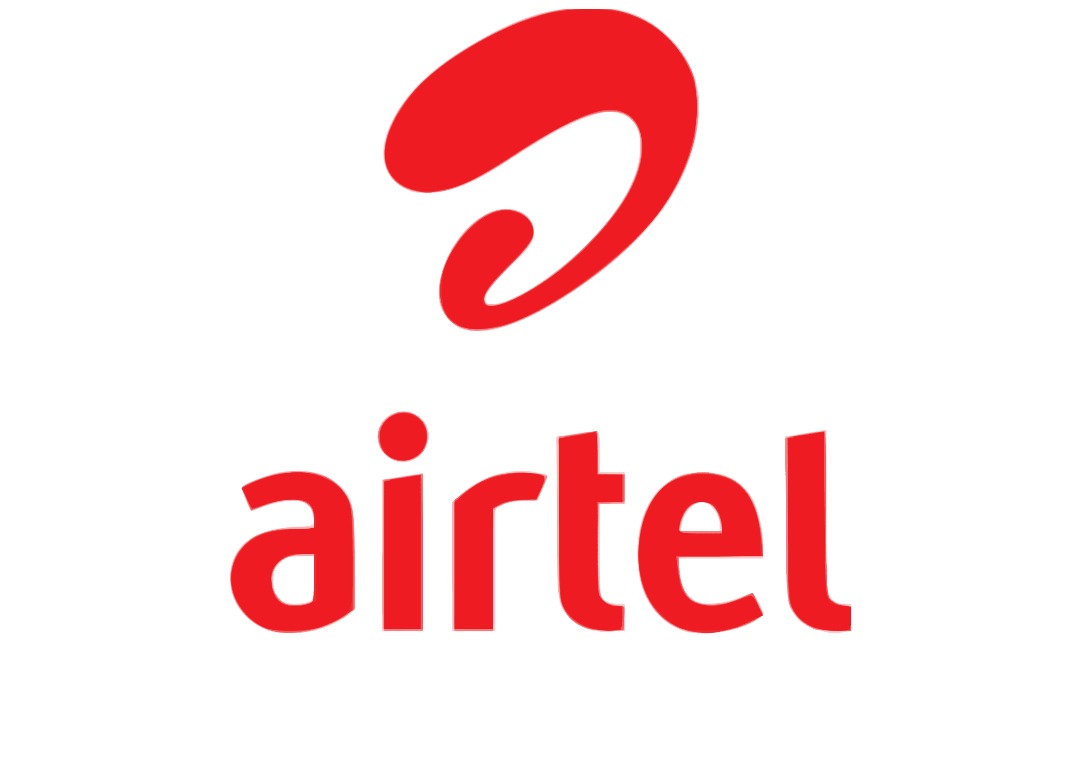Nigeria’s telecommunications sector is grappling with soaring operational costs as unreliable electricity supply forces operators to rely on diesel-powered generators, costing the industry over $350 million annually, according to the latest State of Africa’s Infrastructure Report 2025 by the Africa Finance Corporation (AFC).
The report highlights the staggering energy demands of Nigeria’s telecom operators, who consume more than 40 million litres of diesel each month to keep mobile networks running.
“A growing number of tower sites going off-grid or relying on diesel generators is a cause of concern for several reasons,” the report states. “First, it increases CAPEX and OPEX costs for operators, making investments in rural and remote areas even more prohibitive. In fact, GSMA Intelligence estimates that the energy cost of a mobile base station in rural areas could be 37% more than in urban areas.”
Beyond financial strain, the reliance on diesel generators exacerbates security risks, with frequent theft of fuel and battery equipment reported at telecom sites.
Energy Infrastructure Challenges
Nigeria’s broader energy sector also faces significant hurdles, with millions of households and businesses forced to rely on petrol and diesel generators due to unreliable public electricity supply.
“In Nigeria, unreliable public supply has pushed millions of households and firms to rely on petrol and diesel generators. Captive generation is especially widespread among industrial and commercial users,” the report notes.
The growing dependence on off-grid power solutions underscores the urgent need for investment in Nigeria’s energy infrastructure, including grid expansion and alternative energy sources.
Digital Transformation and Connectivity Gaps
Despite these challenges, Nigeria is making strides in digital infrastructure development. The AFC report highlights the country’s ambitious plan to expand its backbone fibre network from 35,000km to 125,000km under a public-private partnership (PPP) model.
“Nigeria, Egypt, and Kenya are emerging as hubs—but an estimated $7 billion in annual investment is needed to close the data infrastructure gap continent-wide,” the report states.
While mobile broadband costs have decreased, internet penetration remains a challenge, particularly in rural areas where connectivity gaps persist.
As Nigeria pushes forward with digital transformation efforts, experts say addressing the country’s energy crisis will be crucial to ensuring sustainable growth in the telecom sector.






